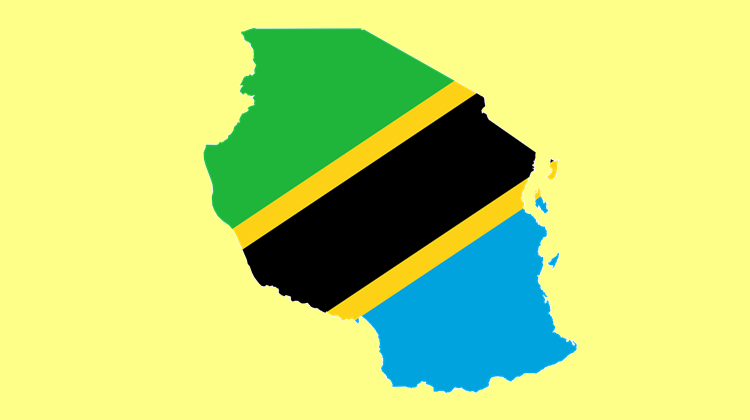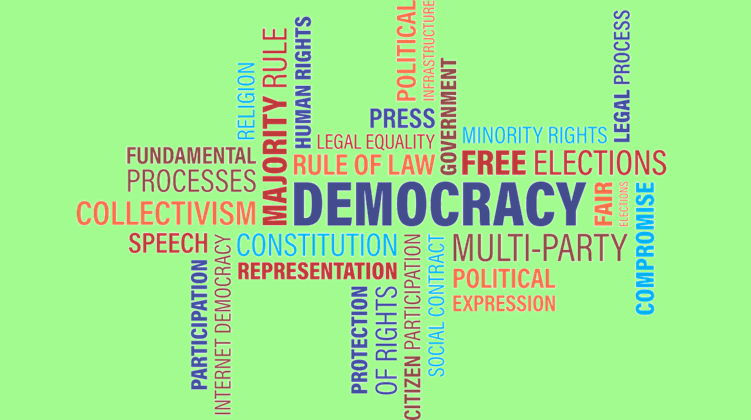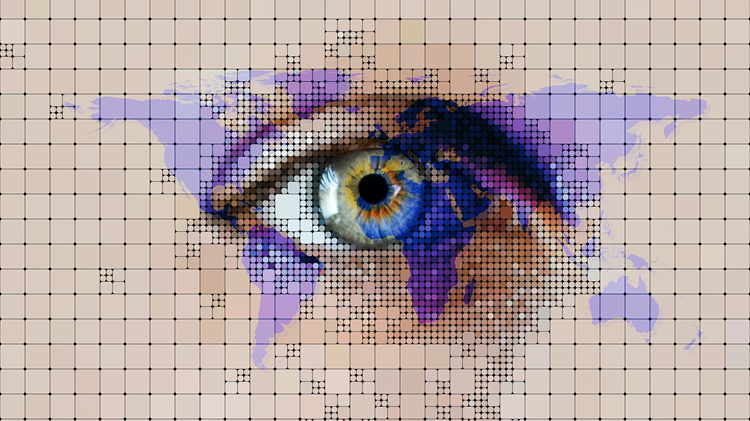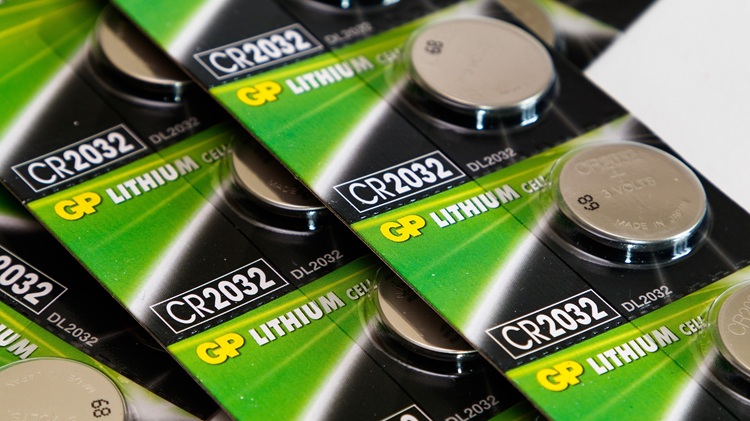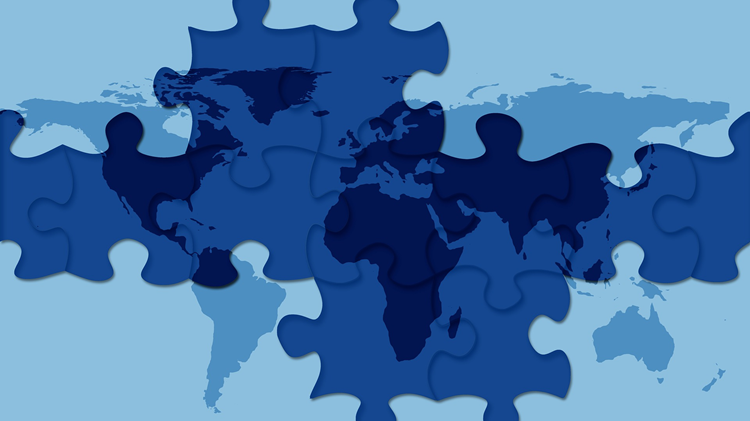Guns will not save Africa but our voices can
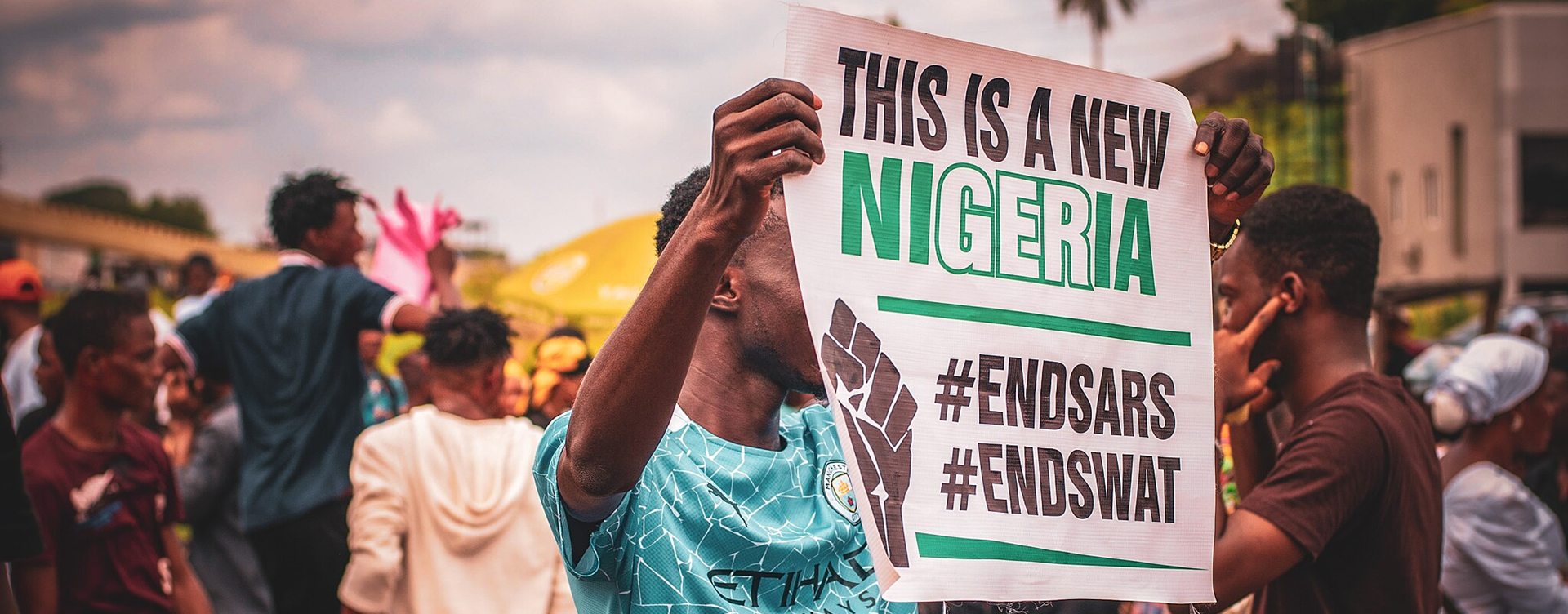
Demanding accountability is the duty and power of all citizens and not soldiers.
Despite more than three decades of democracy, many African countries have yet to realise the expected dividends. Accountability, which is a key feature in representative democracy, is largely missing in African politics. Rather, impunity and abuse of power seem to be the norm. In some African countries such as Equatorial Guinea, Cameroon, Eritrea and Uganda, leaders have manipulated their constitutions to extend their stay in office with no legitimate way of removing them irrespective of their performance. Usually in most African countries, citizens have to wait for the next election before they can attempt to demand accountability through the ballot. However, the flawed nature of some of these elections ensures that they hardly reflect citizens' will, as they are designed to favour or secure another victory for the incumbent. Even in cases where corrupt and underperforming leaders are voted out, the successor becomes worse as is being witnessed in countries like Ghana and Nigeria.
This inability of successive governments to deliver developmental and accountable governance has led to disenchantment with democracy. Many Africans have become cynical and disillusioned by the continent's poor quality of representative, accountable and developmental governance. The recent Afrobarometer African Insight 2024 report gives credence to this view. The findings indicate that only 37% of Africans are satisfied with how democracy works in their country, with established democracies like Mauritius, Botswana and South Africa recording the largest drop in satisfaction. All these trends point to one clear fact: Africa’s democratic governance, peace and stability are in jeopardy if poor governance and underdevelopment continue.
Perhaps, the more worrying trend from the survey is the increase in tolerance for military intervention among citizens. According to the survey, over 53% of African citizens, especially the youth, are willing to tolerate military coups if incumbents abuse their powers. Citizens' opposition to military rule has also dropped by 11 percentage points across 30 countries. Countries such as Mali, Niger, Gabon and Burkina Faso that have experienced military intervention either before or after the survey recorded the highest support for military intervention and the least opposition to military rule. The widespread jubilation and acceptance of the coups in these countries is therefore not a surprise. The growing support for military intervention and subsequent rule is not only dangerous for the peace and stability of the continent but also for its development. While democratic governance has not lived up to expectations, the history of coups and military governments from the 1960s suggests that most military regimes on the continent will not do any better.
The growing support for military intervention and subsequent rule is not only dangerous for the peace and stability of the continent but also for its development
Instead of waiting for military interventions to fix our broken governments, it is time for citizens to demand accountability. Recent events on the continent show that this is doable and that citizens, especially the youth, can exert and demand accountability from their leaders. In 2022 and 2023, mass protests and demonstrations in Senegal by civil society, opposition parties, women, youth, organised labour and academia forced President Mackey Sall to abandon any intention of a third term. Later protests against the postponement of the election contributed to the constitutional court declaring the president’s actions as unconstitutional which ultimately led to a successful election and constitutional change in power.
In Kenya, the government’s decision to introduce a Finance Bill that recommended tax hikes to raise 346 billion Kenyan shillings ($2.69 billion) in revenue sparked widespread protest, especially among the youth. Despite the death of at least 39 people and 360 injured people, it led to the government cutting expenditures to the tune of 177 billion Kenyan shillings (US$1.39 billion) and the Bill withdrawn. Through this, 47 duplicative state corporations were dismissed, government advisors halved, and government funds allocated to the offices of the First Lady and likes scrapped. In addition, the government has dismissed almost the entire cabinet, reconstituted a lean government and suspended all non-essential travel with a limit on the number of people permitted to embark on essential travel.
In Ghana, citizens' protests against the sale of 60% shares in four hotels owned by Social Security and National Insurance Trust (SSNIT) to Rock City Hotel, which is owned by the Agriculture Minister, yielded results. After a series of demonstrations and engagements failed, organised labour, embarked on a nationwide strike. This not only forced the Minister’s company to withdraw their bid for the hotel but also led the government and SSNIT board to terminate the sale of the hotels. Shortly after this, Parliament's decision to introduce a Bill to amend portions of the Road Traffic Regulations 2012 was met with widespread condemnation. The Bill would have permitted the fitting of sirens on vehicles of Members of Parliament, Ministers and Justices of the Supreme Court, a privilege that is currently reserved for the president and permitted for emergency, security and specialised vehicles only. This sparked social media protest among the general public, which ultimately led to its withdrawal, leading to a public apology from the Speaker of Parliament.
Likewise, in Nigeria, an ongoing citizen protest started on August 1st 2024 across the country under the headline #EndBadGovernanceInNigeria in places such as Sokoto, Kano, Kebbi, Borno, Yobe, Kaduna, Katsina, Yobe, Bauchi, Plateau, Lagos, Oyo, Rivers and other northern states. Voters are demanding an end to bad governance, corruption and the rising cost of living in Nigeria. Unfortunately, 17 people have been killed, with over 681 people arrested, with the President calling for an end to the protest to allow for dialogue.
This trend highlights the importance and power of citizens in demanding accountability from their government and also provides useful lessons for the continent amidst signs of rising disaffection with democracy and underdevelopment. First, citizens are the only ones who can police their democracy and ensure accountability. Africans do not need the military to get rid of corrupt governments if the general public understands their power to meet reasonable demands. Second, citizens do not need to wait for a general election or regime change before demanding that incompetent leaders perform. All the continent needs is citizens who are organised, united and prepared to police their democracy. As such, citizens should take advantage of social media to mobilise large numbers, free of partisanship and ethnocentrism to demand accountability from their leaders.
All the continent needs is citizens who are organised, united and prepared to police their democracy
African leaders must also understand that ultimate power and sovereignty belong to the people and that the time of taking voters for granted is over. With a large, rising and disgruntled youthful population, the only thing it takes to demand accountability is mobilisation which has been made easy by the advent of social media. Being tone-deaf to citizen’s demands is not going to help. These protests in Kenya and Nigeria are likely to be replicated in many African countries in the coming years if living conditions do not improve and the abuse of power stops. Leaders must take a cue from the Arab Spring and realise that abuse has its limits. It is only a matter of time before the citizens take back their country from corrupt leaders for those who can drive the developmental agenda of the continent. A new era is here, and it is Gen Z, where a simple social media post can mobilise mass protests and allow all voices to be heard in unison to demand accountability from leaders.
Image: Asokeretope/WikimediaCommons

